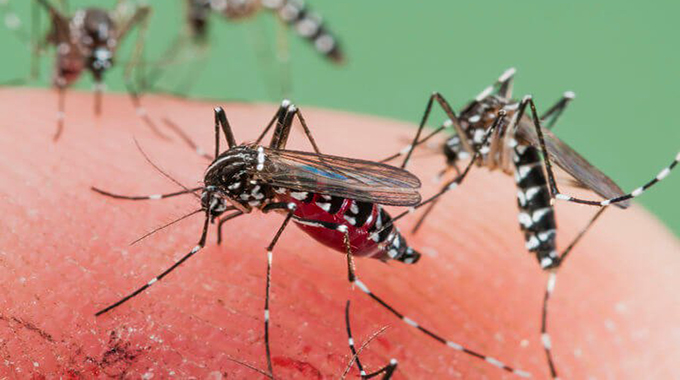Malaria death toll rises to 279

Thandeka Moyo-Ndlovu, Health Reporter
THE malaria death toll in Zimbabwe has risen to 279 since January amid reports that 306 365 have been infected with the disease.
In April the deaths stood at 201 with 185 585 cases countrywide.
Most of these deaths have been attributed to the emergence of the Covid-19 pandemic which has interfered with the health seeking behaviour of citizens due to lockdown conditions.
Malaria remains one of the world’s leading killers, claiming the life of one child every two minutes. Most of these deaths are in Africa, where more than 250 000 children die from the disease every year.
In Zimbabwe, the malaria peak season is between February and May where most of deaths and infections are recorded.
This is because the mosquito population is high during the rainy season and most mosquito bites happen during that period.
“The numbers are 279 deaths and 306 365 so far up from 201 in April. They are expected to increase from January to May as that is the peak period.
“We also had the Covid-19 coincidence this year and we were hit during the first quarter — our peak as a country,” said the national malaria coordinator, Dr Joseph Mberi.
He said confinement to sprayed houses and correct use of mosquito nets can reduce cases of malaria.
However, he said because of socio-economic activities such as cattle herding, gardening, artisanal mining, people find themselves exposed to mosquito bites.
Dr Mberi said Covid-19 social distancing restrictions were deterrent as people especially in rural areas presented late in health institutions.
“If you are in a particular corner of Gwanda and you have to go to nearest clinic which is 30 or 50km away, you fail to get the clearance letter which may force you to stay at home. The disease will also continuously be transmitted to the next family members so that is how the cases will increase,” Dr Mberi said.
“You can then complicate and by the time you get to the clinic maybe it’s a bit too late so the deaths tend to rise because of that.”
He said Covid-19 had also forced health workers including village workers to be skeptical in dealing with people presenting with malaria symptoms which are similar to global pandemic.
Covid-19 itself according to Dr Mberi presented a lot of fear and was hindrance to early testing and treatment because health workers did not have personal protective equipment (PPE).
“In other areas we have village health workers who are supposed to treat but those have been affected by the restrictions of social distancing as they are afraid. We still have a challenge of adequate PPE in the country so that is the context,” said Dr Mberi.
“We hope that the weather since we are going into winter will help the malaria because in winter, we do not have much cases. Members of the public must continue to recognise signs and symptoms of being unwell whether malaria or Covid-19 so they quickly go to the nearest village health worker if they in the rural areas or to the clinic.” — @thamamoe











Comments